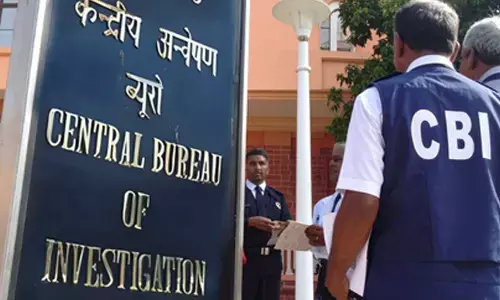What is Anti-defection Law?

What is Anti-defection Law? The Tenth Schedule — popularly known as the Anti-Defection Act — was included in the Constitution in 1985 by the Rajiv Gandhi ministry and set provisions for disqualification of elected members on the grounds of defection to another political party.
The Tenth Schedule — popularly known as the Anti-Defection Act — was included in the Constitution in 1985 by the Rajiv Gandhi ministry and set provisions for disqualification of elected members on the grounds of defection to another political party. The 52nd amendment to the Constitution added the Tenth Schedule.
A member of parliament or state legislature is deemed to have defected if he either voluntarily resigns from his party or disobeys the directives of the party leadership on a vote. That is, they may not vote on any issue in contravention to the party’s whip. Independent members would be disqualified if they joined a political party. Nominated members who are not members of a party could choose to join a party within six months; after that period, they are treated as a party member or independent member.
What constitutes “voluntarily” resigning from a party? Various judgements and orders indicate that a member who publicly opposes the party or states his support for another party would be deemed to have resigned from his party. News reports may be used as evidence for this purpose.
Can the decision of the presiding officer be challenged in the courts? The law states that the decision is final and not subject to judicial review. The Supreme Court struck down part of this condition. Where the Speaker declares that a member has become subject to disqualification under the Tenth Schedule, he shall cease to be member of the House with effect from the date of the order by the Speaker.
A split in a political party won’t be considered a defection if a complete political party merges with another political party.
On defection of elected members, the concerned party can send a petition on the alleged defection to the Chairman or the Speaker of a House recommending their disqualification. It may also expel the members. However this doesn’t mean that the members thus expelled lose their seats in the House.














